Even before the groundhog looks for his shadow, the first political contest for 2016 begins. Starting with the Iowa caucus on February 1, the primary season ushers in a year of non-stop television ads and lots of opinions. Thomas Dyja, the author of this year's One Book, One Chicago selection, describes our city’s impact on the larger political scene in The Third Coast as the “Chicago Dynamic.” Indeed, Chicago has a long reputation as a political town.
Since the surprising nomination of the relatively unknown Abraham Lincoln at the Republican National Convention hosted by Chicago in 1860, the city has welcomed an additional 25 conventions and still holds the record as the most popular meeting site. The totals equate to 14 Republican and 11 Democrat presidential nominating conventions, and the 1912 Progressive Party assembly, where former President Theodore Roosevelt attempted another term. By 1940, Chicago was considered the convention capital of the country.
The giant wooden barn at Lake and Market (now Wacker) streets in 1860 was nicknamed, “The Wigwam.” It allegedly held up to 10,000 people, but not everybody was able to get in. Lincoln might be “Honest Abe,” but some of his followers issued fake tickets to his opponent’s fans and blocked them from the nominating proceedings. From day one, sharp political elbows and shady influences characterized the "Chicago Dynamic." The name "Wigwam" also had staying power and was applied to future constructions.
CPL's Special Collections holds a variety of resources on Chicago’s historic role in national political campaigns. These include bound volumes of convention proceedings dating back to 1856 for both Republican and Democratic parties. We have archival collections that include speeches, press releases and other publications, most notably the 1960 Republican National Convention Records and the 1968 Democratic National Convention Records. Additionally, our Civil War collections include several volumes related to Lincoln’s campaign, such as the official campaign biography, the 1860 convention record and notable speeches.

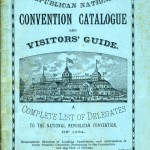
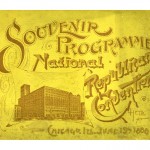
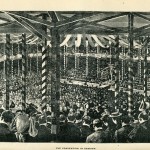
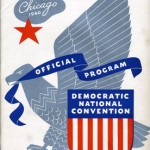
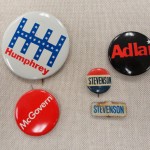
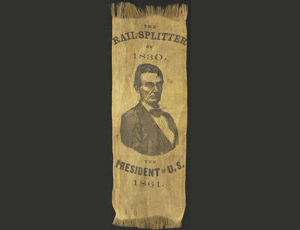

Add a comment to: Examining Chicago’s Role in Political Conventions